Meiji Restoration
in Japan
Yamaguchi Sightseeing Taxi
Trace the history of The Meiji Restoration in Yamaguchi and Hagi
You can feel the history of Meiji Restoration at Yamaguchi and Hagi. Also enjoy "Hagiokan" route which connect Yamaguchi and Hagi.
Pick-up at hotel in Yamaguchi-shi or Shin-Yamaguchi station
Jippoutei
Hancho-mon Gate.
Rureikoji Temple
Hagiokan
Tokoji temple
Shoin shrine
Hagi Sea mart
Hagi castle ruins
Hagi castle town
Daishoin temple
Drop-off at hotel in Yamaguchi-shi or Shin-Yamaguchi station
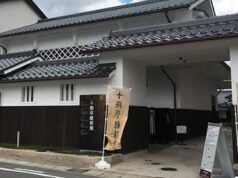
Jippoutei
There are letters send to Kurou Nakamura and Kogorou Katsura from Genzui Kusaka who killed himself at Hamaguri Gomon incident, and a cup Genzui used at this place.

Hancho-mon Gate
Hancho-mon was a main gate of Yamaguchi domain administrative headquarters which was established by feudal load Takachika Mori. This gate was built during the turmoil in the end of Edo period. It is assumed that many loyalists, such as Shinsaku Takasugi, Kogorou Katsura and Hirobumi Ito came through this gate.
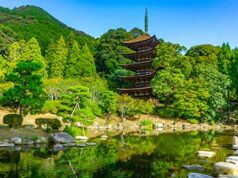
Rurikoji temple
Rurikoji temple has been designated as national treasure which is said that one of the most beautiful Japanese pagoda having sharper shape to the top, built in the middle of Muromachi period.
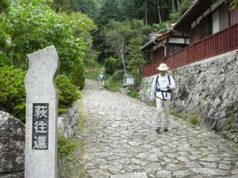
Hagiokan
Hagiokan was built as a route for feudal load visiting Edo shogunate. This is an important route connecting Sanin and Sanyo and historically played important role as a route for many loyalists coming and going in the end of Edo period.
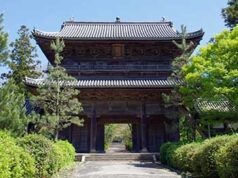
Tokoji temple
Tokoji temple is a family temple of Mori, built by Yoshinari Mori, 3rd feudal load on 1691. There are a cemetery of Mori family , includes Yhosinari and 5th , 7th, 9th, 11th feudal loads and reletives.

Shoin shrine
There are many historical ruins related to Shoin Yoshida inside, such as Shoka-Sonjuku, a private school produced many talented people working for Japanese modernization and Shoin history museum, and Shiseikan treasure house. There is an old residence where Shoin was confined nearby.
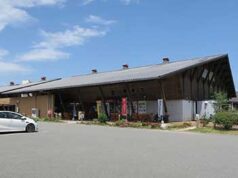
Hagi Sea mart
Hagi Sea mart is a roadside station offering fresh foods from producers of north Yamaguchi include Hagi, and generate delicious food culture created by castle town Hagi.

Hagi castle ruins
Hagi castle is also called Shizuki castle. This area has been designated as national ruins and there are only stone walls and part of moats remain now, because castle was dismantled in 1874.

Hagi castle town
Hagi castle town is grid-shaped town located outside Hagi caslte and there were samurai residence or town house standing in a row. Hagi is still a town where you can walk around with old map because there are still many old street and samurai residence built in Edo period.

Daishoin temple
Daishoin temple has been designated as national ruins and there are cemeteries of even number of Mouri feudal loads and relatives, and also there are 600 stone lanterns donated by samurai of Hagi domain.
Taxi Fare
Travel time | SEDAN Type | MINI-VAN Type |
|---|---|---|
6 Hours | 38,000 yen | 61,000 yen |
※4 passengers = Sedan, 9 passengers = MINI VAN
※Traffic, entrance and parking fee are extra.


